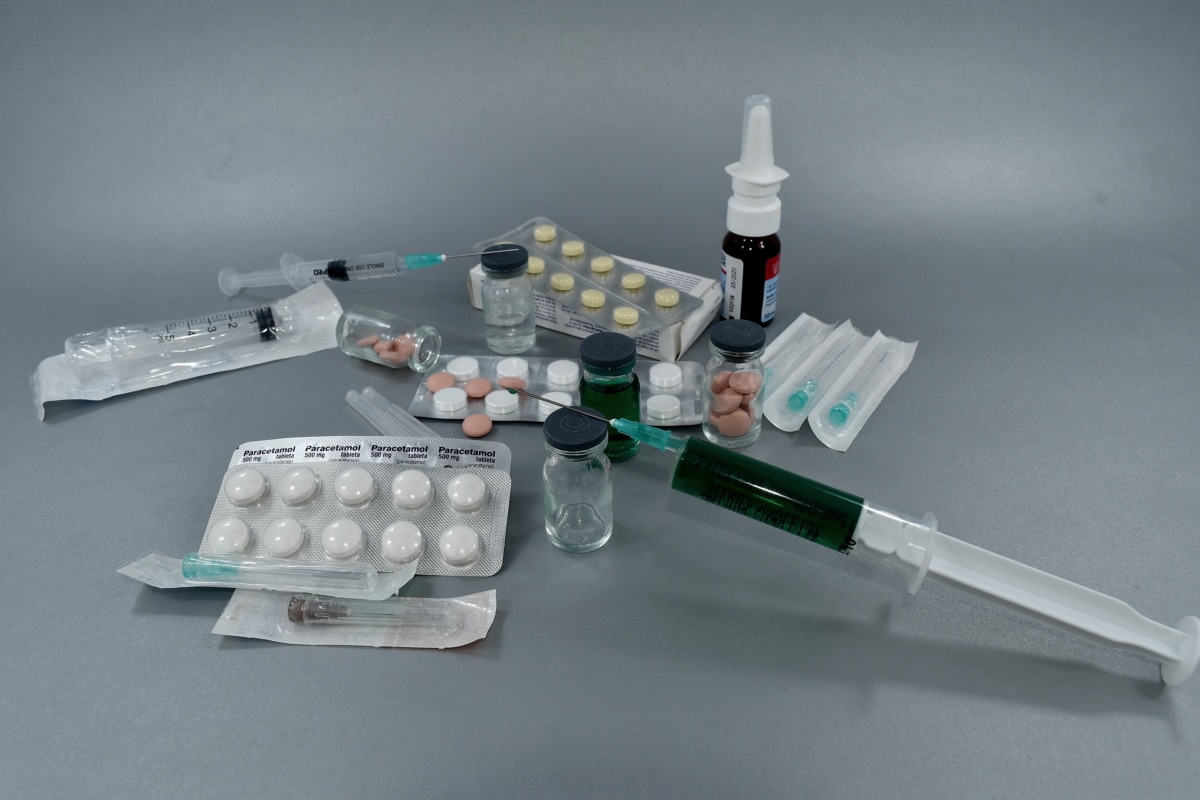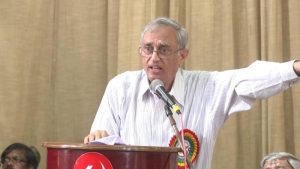The letter was in response to a WHO alert on "contaminated" cough syrup made by Indian pharma companies linked to 66 deaths in the Gambia.

With WHO raising an alert about an Indian pharma firm, questions are being raised about drug regulators in the country. (Representational image/Creative Commons)
Former union secretary EAS Sarma, based out of Vishakapatnam, wrote to Union Health secretary Rajesh Bhushan on Thursday, 6 October, seeking action against erring pharmaceutical companies in the country.
The letter was written after the World Health Organisation (WHO) issued an alert on “contaminated” cough syrup manufactured by Indian pharma companies that was suspected to be the reason behind the deaths of 66 children in the Gambia.
The letter stated, “It appears that many dubious pharma companies are flourishing in India, apparently blessed by politicians and officers, endangering the lives of the people. What is the action (or inaction?) taken by your Ministry?”
Sarma, in his letter, put links to the newspaper articles reporting on the deaths of 11 infants in Jammu and Kashmir in 2020 due to spurious cough syrup.
Other links were to news reports that a high court was informed about the toxic syrup-makers giving misleading quality reports in Himachal Pradesh and also clarification from the accused pharma company on how the deaths had no link to cough syrups.

Former Bureaucrat EAS Sarma writes to Union Secretary seeking action/explanation on the erring pharmaceutical companies. The letter came after WHO’s alert on four ‘contaminated’ cough syrups. (Wikimedia Commons)
He said in the letter: “During the last few years, the use of spurious cough syrup in India has caused deaths of infants. Eleven children lost their lives due to this in J&K in 2020. There were several such instances in other States,”
Sarma added: “Despite this, no tangible action appears to have been taken by your ministry and the Drug Controller of India (DCI) against the errant pharma companies. [sic]”
Speaking about the recent Gambia incident and WHO’s alert on it, Sarma asked, “While the above facts were reported, it is unclear as to the extent of these spurious cough syrups in different States in India and whether the DCI had issued an advisory similar to the one issued by WHO in the case of Gambia to prevent deaths. It is not known whether there have been instances of deaths of children in the other States in India. [sic]”
Sarma also asked if a single promoter of any of the pharma companies had been prosecuted in the acts of criminal negligence.
“Has a single promoter of any of these pharma companies been prosecuted for their part in these acts of criminal negligence, which attract the penal provisions of Sections 274-276 of the IPC?” he asked
Sarma seeks a reply to this from the Ministry. “Your Ministry and the DCI owe an explanation on this to the public,” the letter said.
He told South First later: “In the name of ‘ease of doing business’, the Centre is diluting environmental norms, which facilitate pharma companies in polluting and endangering people’s lives.”
Suspecting that the deaths of several children in West Africa’s the Gambia from kidney-related complications were linked to four cough-and-cold syrups manufactured by an Indian company, the WHO issued a medical product alert on Wednesday, 5 October.
The four medicines are cough-and-cold syrups manufactured by Haryana-based Maiden Pharmaceuticals Ltd.
“The four products are Promethazine Oral Solution, Kofexmalin Baby Cough Syrup, Makoff Baby Cough Syrup, and Magrip N Cold Syrup,” WHO said.
WHO also said it was “conducting further investigation with the company and regulatory authorities in India”.
Meanwhile, Haryana Health Minister Anil Vij told reporters that the samples of the four paediatric cough syrups from Maiden Pharmaceuticals had been collected jointly by a team from the Drugs Controller General of India (DCGI) under the Union Health Ministry and the Haryana Food and Drug administration on 1 and 3 October, and had been sent to the Central Drugs Laboratory in Kolkata for examination.

May 18, 2024

May 17, 2024

May 17, 2024

May 17, 2024

May 17, 2024

May 16, 2024